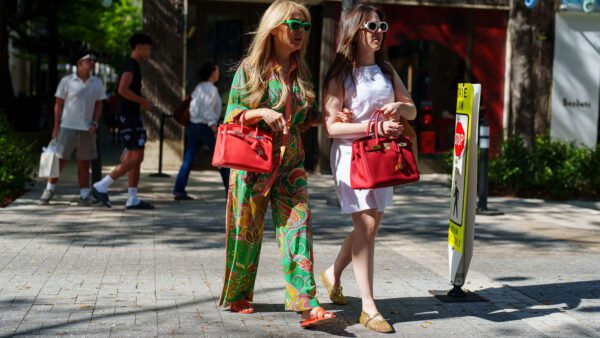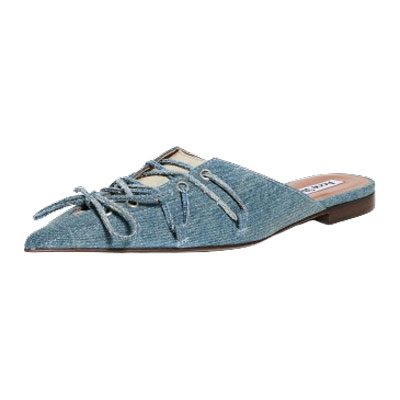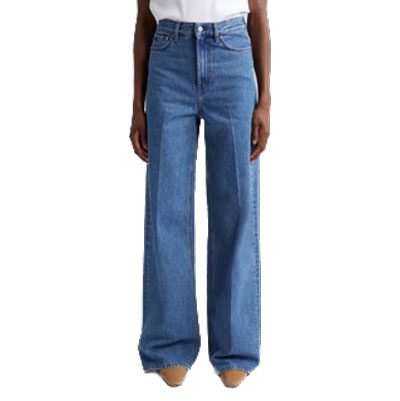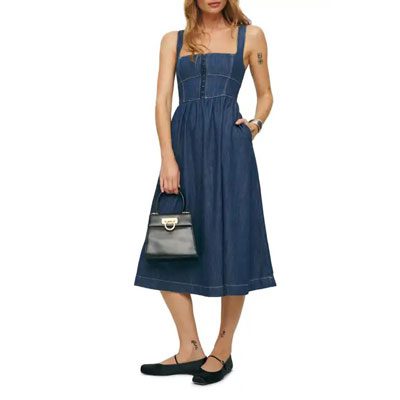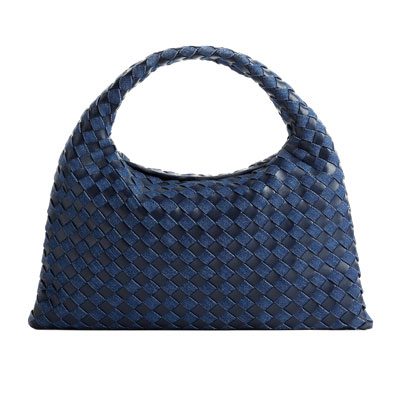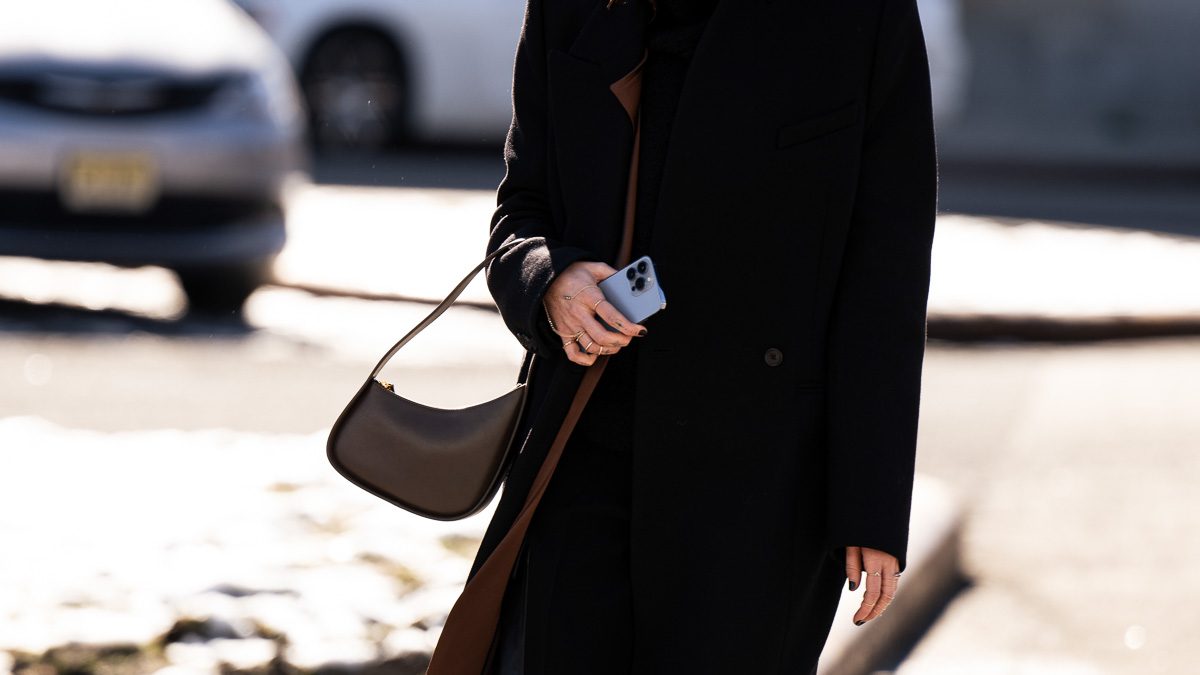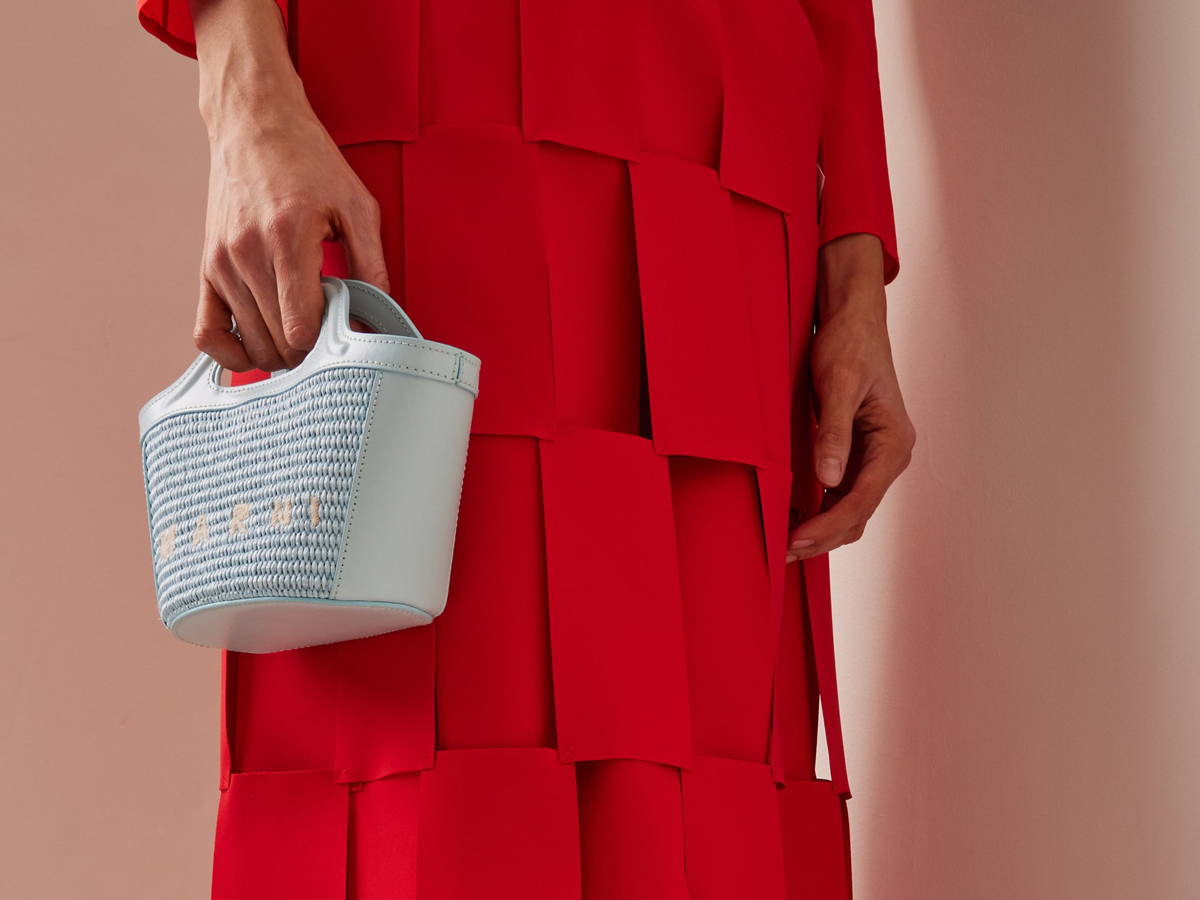Let’s be honest: most of us treat our designer bags like we would our kids—which is to say, with the utmost care, love and devotion. It only follows, then, that we should try to protect them from the perils of everyday life—from theft to damage, floods and more—the best ways we know how. That includes potential insurance coverage plans.
Did you not know that you can actually insure your designer handbag? There are three general ways of doing so in the United States. Below, we break them down for you.
1. Check Out the Brand’s Own Warranty Policy
You’re going to want to start off learning about the warranty that your precious bag is under based on the brand that makes it. Coach, Chanel and Prada, for example, offer a one-year warranty on all their products. Gucci purses, on the other hand, are usually under lifetime warranty. Other brands the likes of Louis Vuitton don’t offer any warranty whatsoever.
The easiest way to figure out whether your handbag falls under any type of protection plan is to call up the various brands or ask about your options before actually purchasing the product.
An important note to keep in mind: most, if not all, of these warranty policies only really cover damage on your handbag and offer complementary repair services. So don’t expect to get any sort of cash back if your bag is lost, stolen, burnt or floods within your home. If that is what you are seeking protection from, check out the following options instead.
2. Homeowners Insurance is Usually the Way to go
The most popular and, perhaps, simplest way to obtain insurance on your handbags is to go through your homeowners insurance plan. “Every sort of homeowners insurance includes personal property protection,” says Imani Francies, an insurance expert at ExpertInsuranceReviews.com. Those plans, though, only cover up to 70% of the entire value of one’s home possessions, a number that might not feel satisfying to some bag owners.
If that’s the case, you can opt for a supplemental insurance policy called scheduled personal property (SPP) that basically extends coverage of your standard protection plan. “You can purchase the SPP for specific items, like a bag,” says Francies. “It ensures the full coverage of your items but you can only insure one item at a time. You can, however, take out as many SPPs as you need.”
Insurance plans might have slightly different names for similar policies and coverage details may vary across the board (from pricing to the types of circumstances that the plan accounts for, for example), but the general idea is the same: if you’ve got a valuable item—like a designer handbag—you can pay insurance on it on a monthly basis and receive 100% of the value of the bag back if lost, damaged or stolen.
According to Francies, that value is calculated through a formula that involves the price of the product, its depreciation rate and its current value on the market. The expert also notes that you’ll often need to show a receipt to prove that you legally acquired the bag and to estimate its value.
Do you not own a home? Worry not: Almost all rental insurance plans also allow you to set up a policy that takes personal property into account. “Some policies allow you to specify the value of items you have in your home and if that’s not included in the maximum coverage that the standard protection offers, then you can inquire about additional coverage,” says the expert about rent-related policies.
3. Specialized Insurance Solutions Are Also an Option
A quick Google search concerning handbag protection plans also yields a slew of results that involve specialized insurance solutions, which are basically plans provided by specific insurance companies but not necessarily common across the majority of them. If you’re looking for even wider coverage than what your average homeowners insurance offers, you’re going to want to look into these specialized solutions.
AIG Private Client Group, for example, released a wearable collections coverage plan in 2015. The latter’s policies cover any sort of designer apparel damage (yes, that includes handbags) caused by floods, earthquakes, mold, moths and accidents. Of course, you’re going to have to pay the price for it all: if you value your wardrobe at $1 million, for example, you’re looking to spend about $3,000 a year on insuring it.
If you’re opting for this high-end route (no, we don’t blame you), then we suggest calling up a few insurance agencies and doing your due diligence online to find the perfect specialized option for you and your goodies.
Do you insure your bag collection? If so, how?

